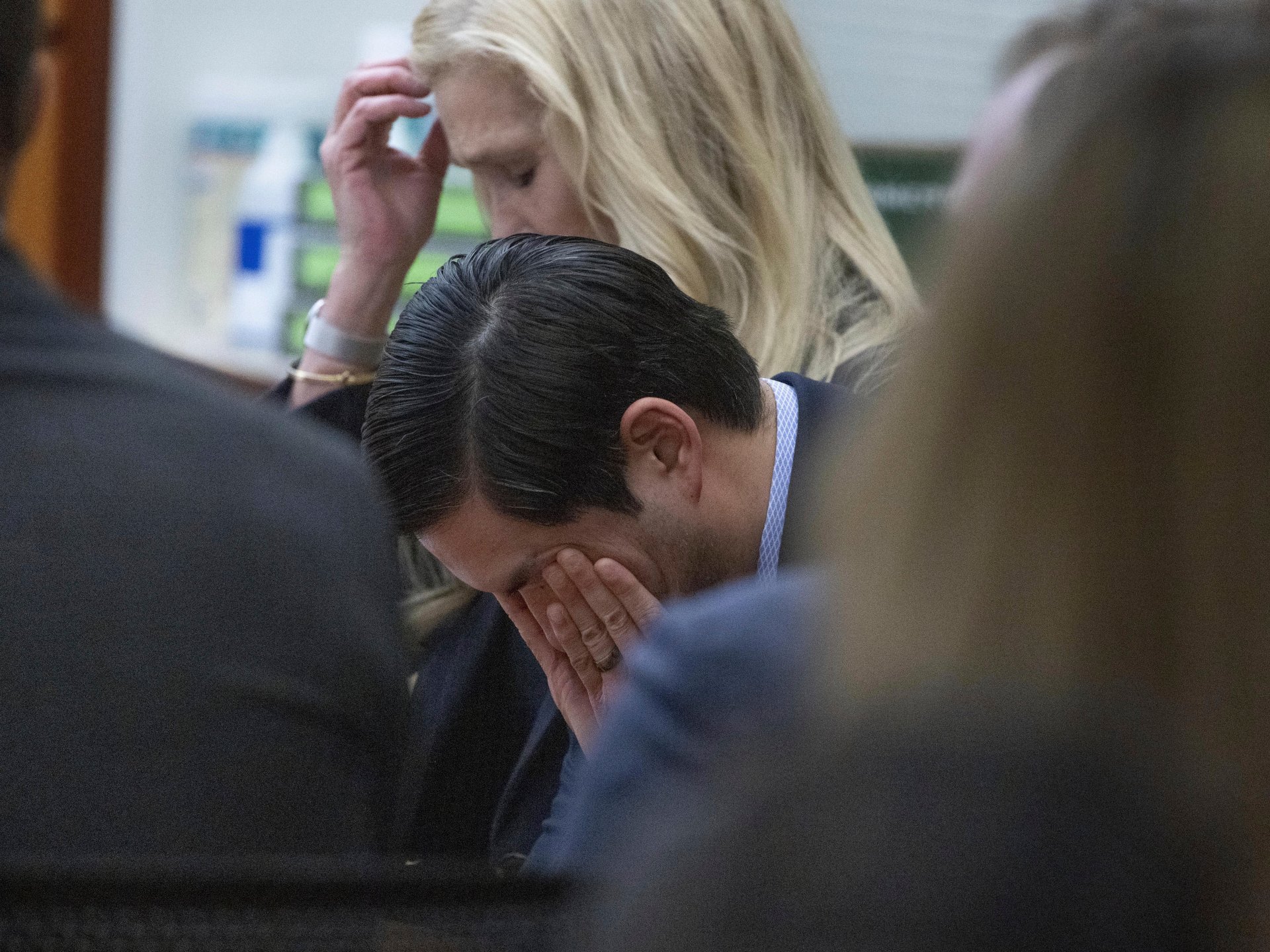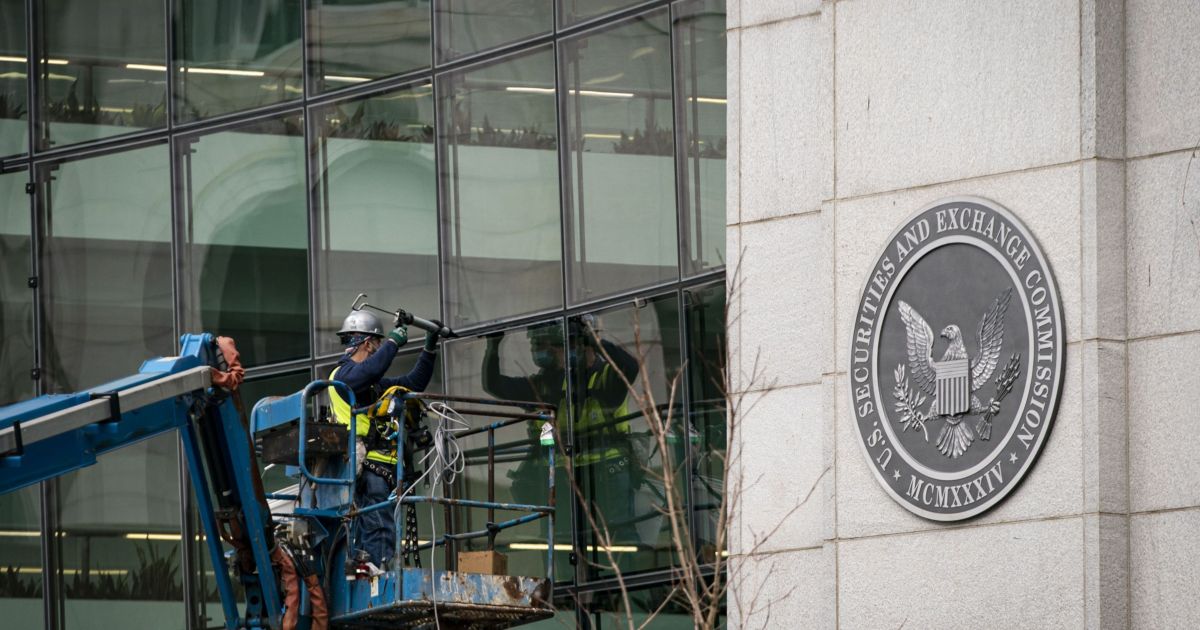The brotherhood of Guantánamo Bay | Opinions
I was raised in a family that emphasised strong religious values such as brotherhood, compassion and kindness. I also observed these morals practised throughout my small village in Yemen. At home and school, I was taught to follow the example of Prophet Muhammed (peace be upon him), and especially loved his saying, “I have been sent only for the purpose of perfecting the highest morals.”
Years later, it was only through my interactions with fellow detainees at Guantánamo that I fully understood what this meant. Through our shared faith, we developed a bond that could not be broken, even as we suffered the most horrendous torture and abuse.
In the autumn of 2001, I was travelling in Afghanistan when I was kidnapped by local warlords, presented to US forces as a “senior Egyptian al-Qaeda operative” and sold to them. I was just 18 years old. Shortly after, in February 2002, I was transferred to Guantánamo.
Like the other detainees, I did not know where I was, why I was there, or why there were constant beatings and shouting. I was confused, terrified, angry, and would often rebel against the constantly changing rules. Being imprisoned for 14 years, I essentially grew up in Guantánamo. I would often recall the lessons I was taught in my childhood and even during the relentless abuse, would reflect on the Prophet’s tradition and teachings about moral character.
After living together for years, being transferred from one camp within Guantánamo to another, from makeshift cells to solitary confinement to prison cells, we, the prisoners developed a close-knit community. We had a shared life, culture, and memories. We went through it all together, for better or worse, and became a family.
In 2010, when we were transitioned to communal living in Camp 6, our bond deepened. Interrogators and guards were fewer, camp rules were relaxed to give us more freedom, and we began to interact more with each other, as well as the camp staff.
Instead of praying in separate cages, we were able to pray collectively in rows like we would in mosques. Instead of eating on our own, we were able to enjoy meals together just like we would at home with our families. Instead of playing with a foot ball alone, we were able to play in teams just like we would outside of prison. And instead of talking to the same neighbours every day in the cages, we now could talk to tens of prisoners in different blocks.
We did not have much, but we had each other. When the prisoners would call each other, they would say “our Afghan brothers”, “our Yemeni brothers”, and so on. We taught and learned from each other about many different topics and cultural traditions. We borrowed the best traits from each other’s cultures. Arabs started behaving like Afghans and Afghans started behaving like Arabs.
Unsurprisingly, the interrogators would try to turn us against each other. There were prison blocks where the majority of the detainees were either Arabs or Afghans. One day, when the interrogators wanted to isolate me, they moved me to an Afghan block, thinking that my life would be harder because there were no Arabs I could speak to.
Little did they know that if you ended up in a block with a group that is not your own, you would actually be lucky. You would be treated as their guest as long as you were there, and they would try to comfort you in any way they could.
And this is what happened to me. The Afghans treated me like a family member. I ended up teaching Arabic to an illiterate Afghan prisoner and listening to the beautiful poetry of another – an Afghan poet and singer in his 60s who wrote two books of poetry in Pashto at Guantánamo. He always sang his poetry for the block and would sing for me as well.
With Arabs making up the majority of detainees at the camp, many were involved in protests and resistance against the torture and the abuse there. In the beginning, most of the Afghans and prisoners of other nationalities tried not to get involved. The camp administration took that as a sign of fear and tried to exploit it to create divisions.
One day, a Pashto translator came to distribute sheets of paper just for Afghan prisoners. Written on it in Pashto and Dari was the word “hypocrites” with some Arab prisoners’ photos. The first Afghan prisoner who received that paper threw it at the translator and spat at him. Interrogators really did not understand our brotherhood. They were deluded into thinking they could change us.
The longer we stayed together the stronger our bond grew. The hardship, torture, and mistreatment we suffered brought us together and strengthened our camaraderie. We developed a unique form of solidarity.
When interrogators would torture one of our brothers, most of us would stop talking to them. It was never coordinated and no one told us to do it – we just felt obligated to stand up for our brothers who were suffering.
In the rare moments of joy, we were also together. All of us would celebrate when a prisoner received good news, especially when one of their kids got married or when they became grandfathers. We celebrated our religious holidays together. We fasted the holy month of Ramadan together and marked Eid al-Adha. And when prisoners were transferred from Guantánamo, there would be a big celebration.
Guards and other camp personnel were surprised by our behaviour. They were told that they would meet the worst of the worst – killers, “terrorists”, monsters who were capable of snapping their necks in a second. When the guards started to work with and talk to us, their views completely changed. Many prisoners and guards developed strong friendships, and some of the guards even converted to Islam.
The bonds we formed and the good moral character I witnessed in each of my fellow prisoners showed me the power of the Prophet’s teachings. Islam is based on perfecting the relationship between us and our Creator (Allah), but also the relationship with ourselves, our families, neighbours, and all who may surround us – including our enemies.
These bonds are interconnected, interdependent, and shape who we are and who we become. They challenge us, nurture us, and strengthen us even in times of hardship. I learned that even when we cannot control what happens to us, even when others shed their humanity, we must do everything in our power to preserve ours. We still have the power to embody a high moral ethic as individuals and our relationships with one another. In Guantánamo, we practised the Prophet’s precepts every day.
The views expressed in this article are the author’s own and do not necessarily reflect Al Jazeera’s editorial stance.





Pingback: zweefparasol 300x300
Pingback: peaceful space for meditation